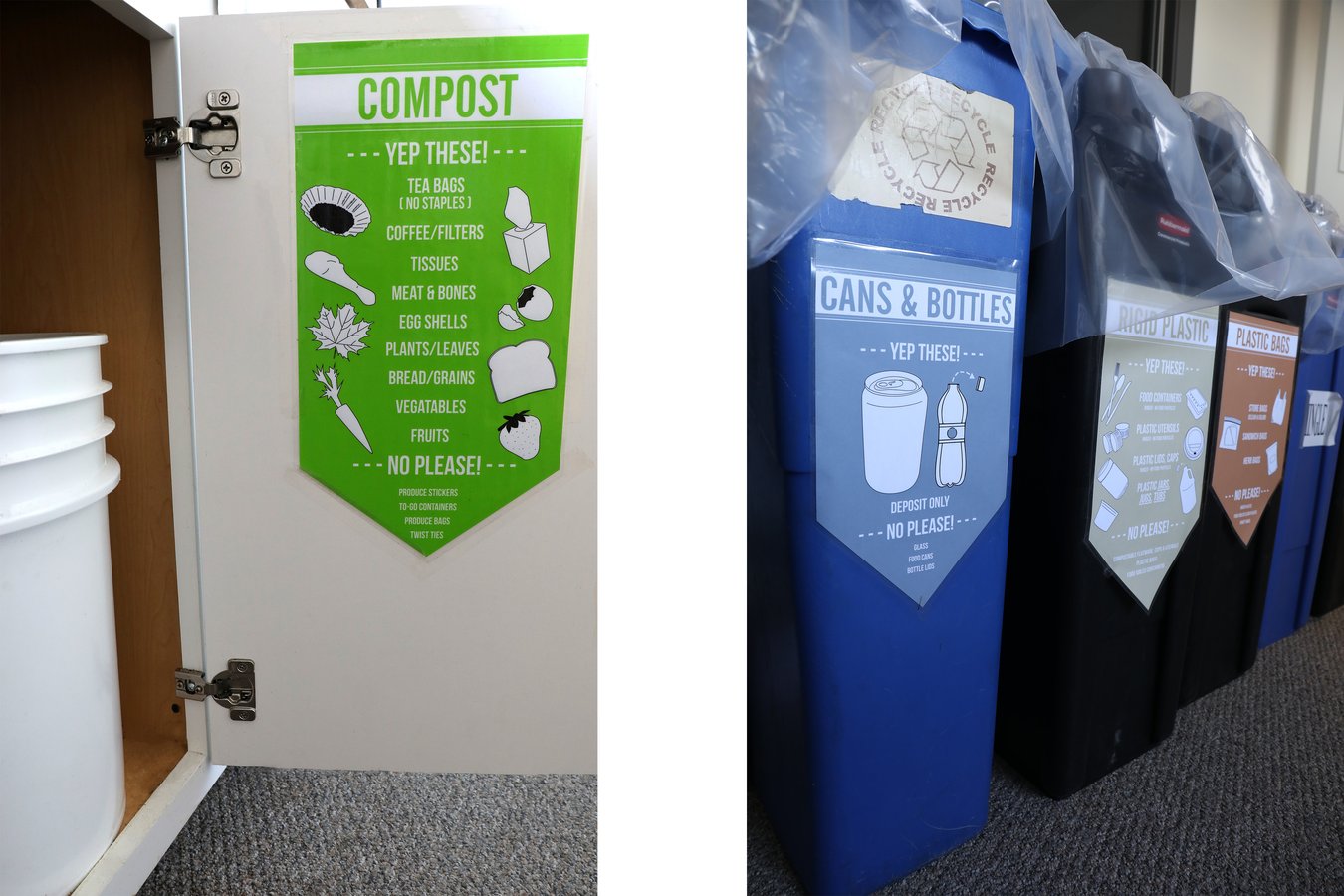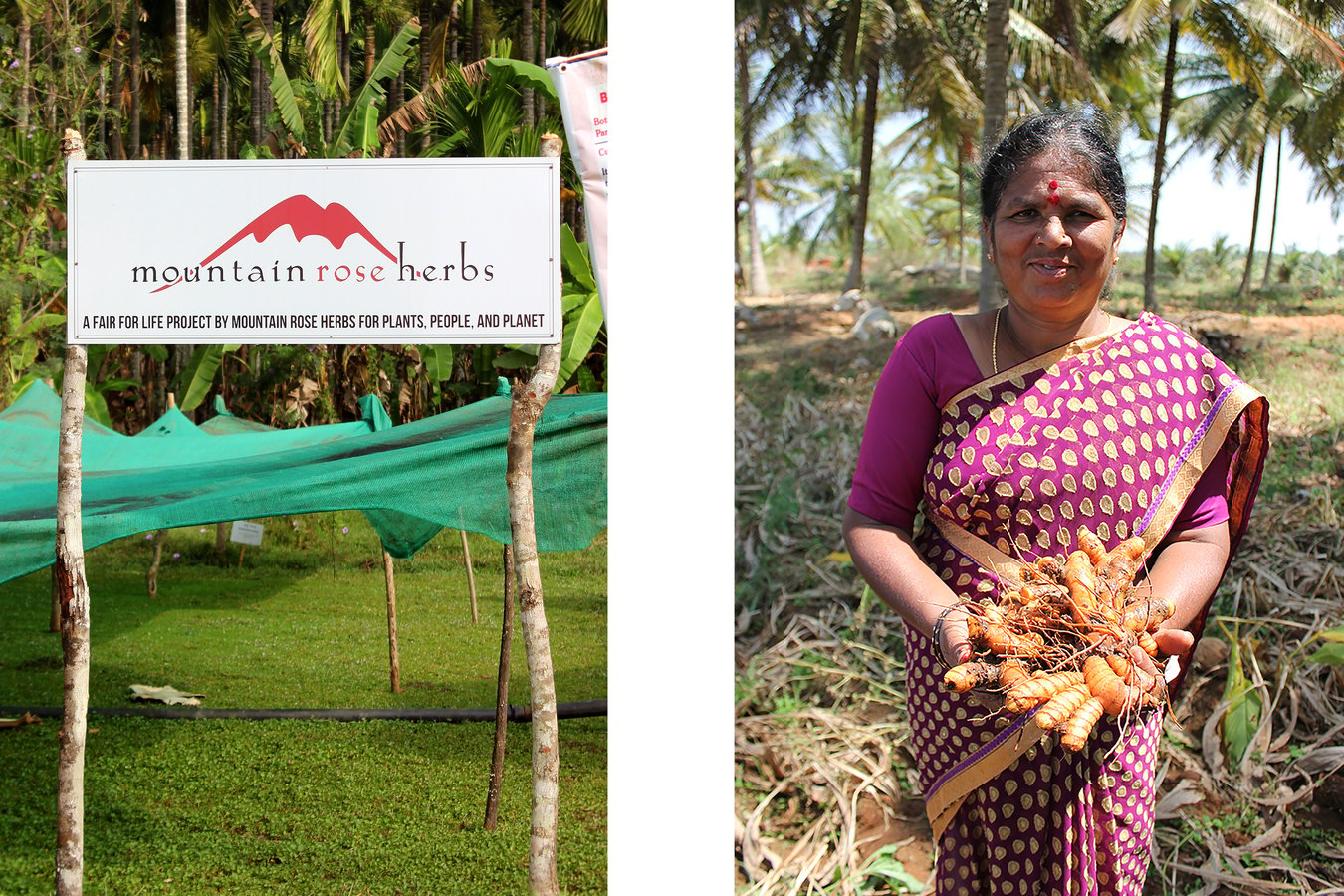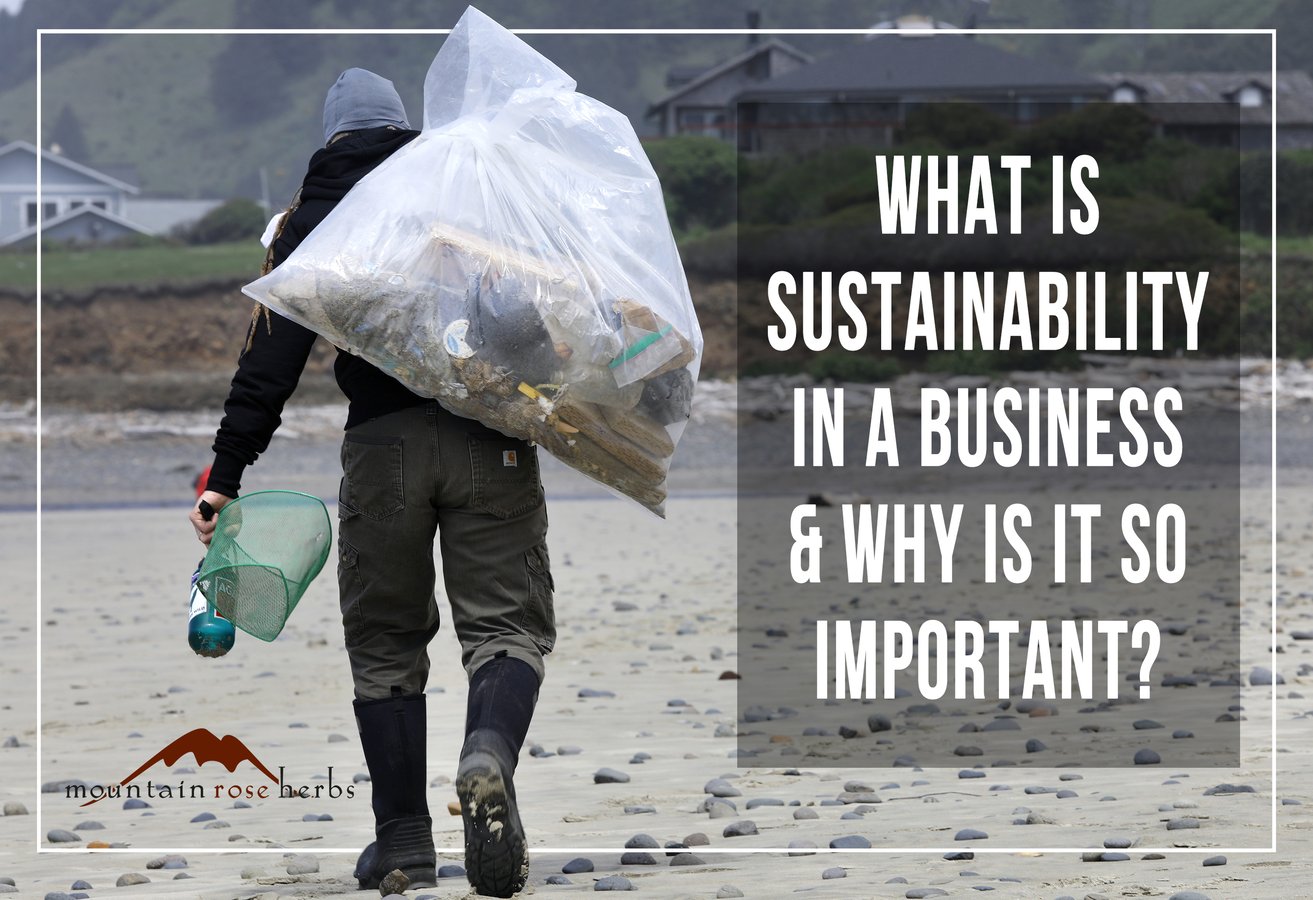We work hard here at Mountain Rose Herbs to be an example of a business that puts people, plants, and planet before profit. You’ve heard of “the bottom line,” which in business parlance means thinking about profitability. But in our changing world, business leaders are considering whether there is a better, more sustainable model than a purely profit driven one. The “triple bottom line” model brings social and environmental impact into play. It insists on corporate responsibility and sustainable development, it prioritizes people, plants, and planet. We strive to raise the bar for ethical business practices and to model how to integrate sustainability into business strategies in a way that drives company success.
What is Sustainability in Business?
Business sustainability takes a long-term view of business success in a way that recognizes the larger environmental, social, and human impact of the business model. Rather than focusing on short-term profitability, it frames decision-making in ways that encourage practices like sourcing products through fair trade routes; changing to minimal or reusable packaging; reducing energy use and emissions; establishing robust recycling programs; rethinking landscaping and stormwater management; and other methods of shrinking a company’s environmental footprint.
Mountain Rose Herbs leads the herbal industry in environmental stewardship through our dedication to organic agriculture, fair trade relationships, zero waste innovation, plant and river conservation, and community support. Our goal is always to leave the lightest possible footprint on the earth and to ensure that our community, watershed, and environment are healthier than when we arrived.
Small Business Strategies for Developing Company Sustainability
Providing high-quality organic products, modeling environmental stewardship, and caring for our community are all core aspects of our mission and have been since the beginning. “It’s about taking responsibility for our impact and creating positive change,” says Mountain Rose Herbs’ CEO and Co-Owner, Shawn Donnille.
This commitment took us a long way toward our sustainability goals, but to formalize our initiatives and develop a working plan, we needed some outside guidance. We determined that the best way for us put action to our commitments was to become an Oregon Benefit Company. This legal, corporate designation meant we amended our bylaws with the Oregon Secretary of State and certifies that we provide “a material positive impact on society and the environment” through our business decisions and operations.
As part of this process, we were required to assess ourselves through a third-party standard to ensure we were creating a sufficient positive impact. There are a number of organizations that meet the necessary statutory requirements and are qualified to conduct these assessments. We chose B Lab’s B Impact Assessment to measure our impact on our workers, community, environment, and customers. The assessment provided us with an outside snapshot of our business, showing where we excelled and where we could make improvements. It also gave us a more holistic report that allowed us to see more deeply into our company through fresh eyes and, in this way, better analyze our ethical impact and sustainability practices. Together, these reports gave us a baseline from which to launch new sustainability initiatives and measure future assessments.
The final element of being a Benefit Company is transparency. We prepare an annual Benefit Report in conjunction with our Sustainability Report, in which we detail the actions and methods we employ to create positive change, as well as how we meet or exceed our B Impact Assessment standards. We publish these reports on our website to make that information public.
We had a vision and by becoming an Oregon Benefit Company and getting outside eyes on our inner processes, we were able to put our principles into real action. Now our process helps other small businesses see strategies and actionable steps they too can take.
If your company is ready to take steps toward becoming a sustainable business, you may be able to work with your Secretary of State to start the process of becoming a Benefit Company. Oregon, Maryland, Pennsylvania, Utah, and Delaware have state specific certifications. Businesses in other states should visit Benefit Corporations for Good for more information on how to proceed and a simple assessment tool to see if your company is ready for this exciting step. As they say, “We dare to believe that every business can positively impact the world.”
Want to learn more about business sustainability?
Find out about TRUE Zero Waste certification
You may also enjoy
- Our Bioswale and Rain Garden: A Triple Bottom Line Approach to Facility Landscaping
- How Fair Trade Helps Women & Families
- Forest Farming: Supporting Plants and People with Sustainable Agroforestry













